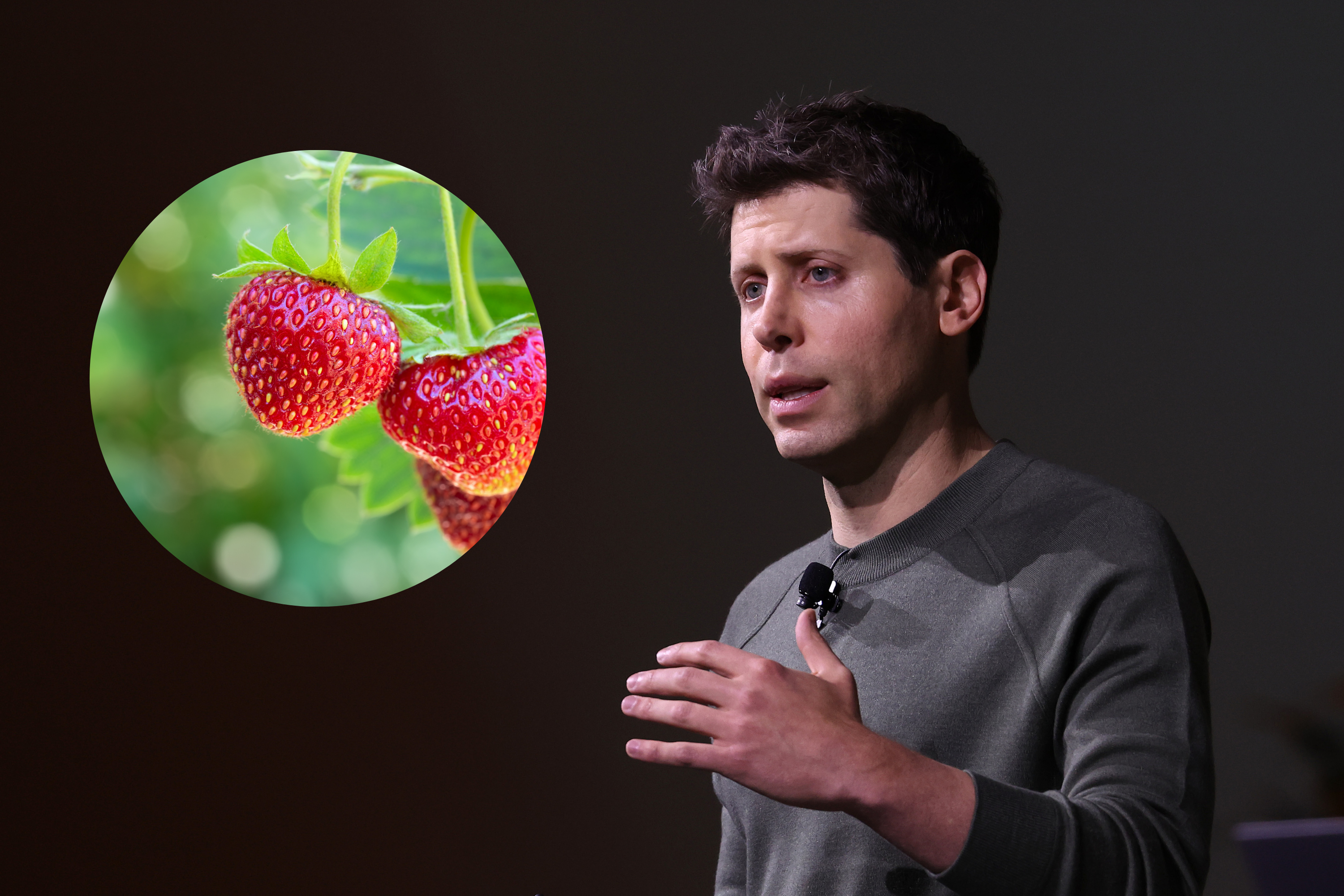OpenAI’s next-gen AI model ‘Strawberry’ (formerly Q*) is in the works, possibly with a fall 2024 release date. The seemingly advanced nature of this forthcoming LLM (large language model) is driving the excitement around its launch, with its reported ability to solve complex math problems and even tricky word logic puzzles.
According to inside sources and internal documents reviewed by Reuters last month, Strawberry represents a significant advancement in AI reasoning capabilities. Unlike current AI models that work to generate text and answer queries based on existing knowledge, Strawberry aims to enable AI to plan ahead and navigate complex tasks autonomously, Reuters reported citing an unnamed source.
One of the most intriguing aspects of Strawberry is its reported ability to solve problems it hasn’t encountered before. This includes solving The New York Times Connections puzzle, a feat that is meant to demonstrate a level of reasoning and problem-solving previously unseen in AI systems.
Newsweek reached out to OpenAI for comment via email.
For ChatGPT users, the implications of Strawberry could be transformative. While current iterations of ChatGPT have impressed users with their ability to generate human-like text and assist with various tasks, it often struggles with complex, multi-step problems that require deep reasoning.
It appears Strawberry could bridge this gap. The technology is designed to perform what OpenAI terms “deep research”, potentially allowing the AI to browse the internet autonomously and reliably to gather and synthesize information, Reuters reported citing its source.

Justin Sullivan/Getty Images
This could mean that future versions of ChatGPT powered by Strawberry might be able to provide more accurate, well-researched, and logically sound responses to user queries. In other words, far fewer hallucinations.
Currently, ChatGPT-4 fails when not given the appropriate context. Kristian J. Hammond, director of the Center for Advancing Safety of Machine Intelligence (CASMI) at Northwestern University, noted in a blog post that the current model is heavily context dependent.
It failed to name the correct U.S. president in office in the year actor George Clooney was born unless it was provided with the year within the prompt. It “struggled with multi-hop questions, questions that require answering one part of the question in order to answer the other,” wrote the AI expert.
Strawberry, however, “could push AI beyond just mimicking human language into realms of thoughtful analysis,” wrote Hammond.
But how does an AI model jump from ChatGPT-4o to something so advanced? The answer is ‘grokking’, AI expert Professor Alan Smeaton of Dublin City University, Ireland, explained to Newsweek.
“There is a phenomenon called grokking. If you train a model on some data and it performs at a certain level, and then you continue to train [it], then eventually what happens is that the ability to infer in that training model suddenly improves.”
Smeaton calls it a “road to Damascus” moment where the AI model suddenly “gets it”, like a human learning differential calculus, studying and studying until it finally clicks.
“Suddenly, there is a huge leap, [by] an order of magnitude, in their ability to do inference, deduction and logic processing. And we don’t know why. What’s fascinating is that it comes from spending more and more compute time or clever use of the compute time when training [the model]. It’s nothing to do with fine tuning, it’s nothing to do with prompt engineering, it’s to do with the building of the model and the number of CPU cycles,” explained Smeaton.
One of the interesting consequences of this though is that they don’t need as much training data. Whereas previously the race was to have more and more training data, and bigger and bigger models that take huge amounts of energy and cost to compute, now the mindset seems to be that smaller models (as French AI firm Mistral has shown) can be improved upon with the compute time put into training them.
The computer science professor said that this is possibly what has culminated in Project Strawberry, while adding a note of caution that OpenAI likes to ‘tease’ users with new features or products like Sora (still waiting), ChatGPT Store (very limited), and advanced voice mode (just now rolling out in a limited trial). We could be waiting a while.
It’s worth noting that OpenAI isn’t alone in this race. Google, Anthropic, and other tech giants are also working on improving the reasoning capabilities of their AI models.
While OpenAI has not officially announced a release date for Strawberry or its integration into ChatGPT, industry watchers are keeping a close eye on the company’s moves. CEO Sam Altman’s recent cryptic tweet has only fueled speculation about an imminent announcement.
👇Follow more 👇
👉 bdphone.com
👉 ultraactivation.com
👉 trainingreferral.com
👉 shaplafood.com
👉 bangladeshi.help
👉 www.forexdhaka.com
👉 uncommunication.com
👉 ultra-sim.com
👉 forexdhaka.com
👉 ultrafxfund.com
👉 ultractivation.com
👉 bdphoneonline.com




